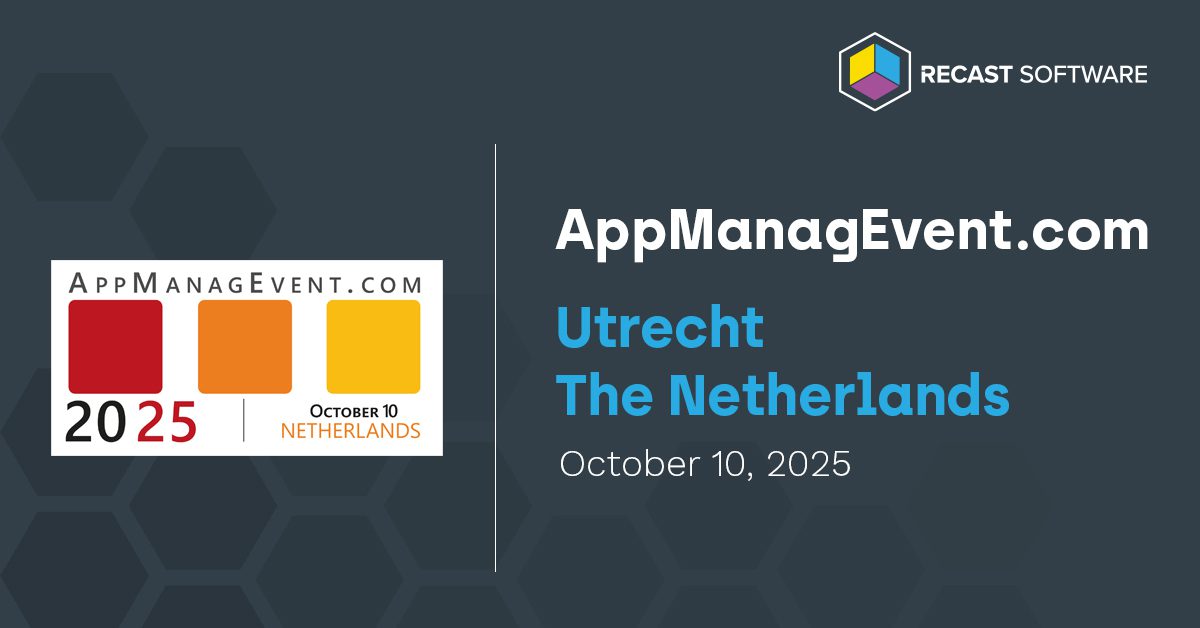A famous football manager once remarked that football is not about life and death—it’s far more important than that. While most of us don’t face life-and-death decisions daily, healthcare professionals do. This massive industry employs millions globally, with approximately three million in the UK and around 22 million in the U.S. From clinicians to support staff, these professionals make critical decisions where the stakes couldn’t be higher, making the reliability and security of healthcare IT systems essential.
Ransomware: A Serious Threat in Healthcare Cybersecurity
In recent years, the healthcare sector has become a prime target for cybercriminals. By mid-2024, the US healthcare industry reported 280 cyber incidents, accounting for 24% of all breaches across sectors. The consequences are severe: financial losses, legal battles, and a significant erosion of patient trust, leading to long-term implications for healthcare providers.
In April 2024, Mega Health Systems, a major U.S. healthcare provider, suffered a sophisticated ransomware attack. Attackers encrypted vital patient records and demanded a hefty ransom. After prolonged negotiations, Mega Health paid the ransom, but when factoring in system restoration, cybersecurity enhancements, legal fees, and settlements, the breach’s total cost reached a staggering $250 million.
The UK has also faced significant challenges. In July 2024, the National Health Service (NHS) experienced a severe breach compromising over 12 million patient records, including personal information, medical histories, and treatment details. This breach caused widespread chaos in hospitals and clinics, delaying patient care. The response and recovery efforts cost over £100 million and significantly damaged the NHS’s reputation, leaving patients questioning the security of their personal health information.
These incidents are just the tip of the iceberg. Many organizations do not report security breaches, but it’s estimated that the total cost of healthcare-related security incidents in the US and UK this year could approach $9 billion.
The Often-Overlooked Healthcare Vulnerability: Unpatched Third-Party Software
Given the scale of these threats, you might wonder why Recast Software, not typically seen as a security vendor, is discussing cybersecurity. The reality is that IT teams are often at a disadvantage when facing these threats.
One often overlooked attack vector is unpatched third-party software—a vulnerability Liquit Workspace addresses exceptionally well. Liquit Workspace’s release and patch management capabilities can help IT teams prevent this easily exploitable vulnerability, which is common in many organizations.
The number of attack vectors is vast, and IT teams can only do so much to protect organizations. This is especially true when considering that many organizations operate on shoestring budgets and with ever-decreasing staff levels.
Liquit Workspace: A Comprehensive Solution for Application Management
Liquit Workspace is the leading end-to-end application management platform, designed to deliver, configure, update, and manage applications dynamically throughout their lifecycle. It ensures your applications, whether on Windows or Mac, are always up-to-date and secure.
In the UK, the Cyber Essentials certification recommends updating applications within 14 days of a vendor releasing a patch for a critical vulnerability. This can be challenging, requiring organizations to identify which applications are in their estate, assess known vulnerabilities, and determine if a vendor has released a patch. Liquit Workspace simplifies this process by enabling IT teams to automatically deploy updates across hundreds or thousands of endpoints as soon as they are available.
Liquit’s ability to automate the patching and updating of third-party applications is a game-changer for many organizations. By reducing the time to patch vulnerabilities to under 24 hours, Liquit helps organizations close security gaps quickly and efficiently, ensuring all applications remain secure and up to date. Liquit supports both legacy and modern applications, virtual applications, custom applications, and more. This flexibility makes Liquit an indispensable tool for healthcare organizations navigating the complexities of hybrid environments.
Beyond Patch Management in Healthcare
Liquit Workspace goes beyond patch management, providing detailed telemetry on user interaction with the application estate. IT teams can monitor application launches, track installation successes or failures, and oversee patch distribution—all in real-time.
Additionally, features like Smart Icons guarantee a consistent user experience across all devices while seamlessly integrating with existing IT infrastructure. Our Smart Icon Technology further elevates this experience by offering dynamic, context-sensitive icons that adapt to user roles, device types, network conditions, and location. This ensures users are always presented with relevant, up-to-date information. For instance, icons can change depending on access context, reflect updates or maintenance, and be customized to indicate application priority or alerts related to its usage.
Liquit’s bootstrapper also integrates with Microsoft Intune and Autopilot, enhancing application deployment and management across enterprise environments. By leveraging Liquit’s powerful automation capabilities, organizations can streamline software deployment to devices managed through Intune and Autopilot, ensuring consistent application delivery and reducing manual configuration efforts. This integration simplifies endpoint management by enabling IT teams to pre-configure applications and settings automatically during device provisioning, resulting in a more efficient and user-friendly setup process.
Real-World Applications and Case Studies
Liquit’s impact is not just theoretical—it’s proven in real-world applications. For instance, Liquit has transformed IT operations at Dagelijks Leven, a Dutch healthcare organization with over 2,500 employees across 75 locations. The implementation of Liquit Workspace has automated application management, including patching, and provided consistent, secure access to necessary tools. This automation is a boon for the small IT team, reducing their workload and enabling them to efficiently manage all devices and applications. The productivity gains have allowed them to focus on enhancing patient care while ensuring all systems remain up-to-date and secure.
This case exemplifies how Liquit can streamline application management and enhance the user experience in even the most challenging environments. Explore more case studies and success stories.
Conclusion: Enhancing Healthcare Cybersecurity with Liquit Workspace
Healthcare organizations face unique challenges in protecting against security breaches. Integrating Liquit Workspace’s release and patch management into your healthcare IT strategy can significantly enhance your security posture while freeing up IT resources for more strategic initiatives. By addressing one of the major attack vectors—unpatched third-party software—Liquit Workspace offers a powerful tool in the ongoing battle against cyber threats.
Thank you for reading! For more insights or to schedule a personalized demo with Recast Software, connect with us on LinkedIn or reach out with any questions.


